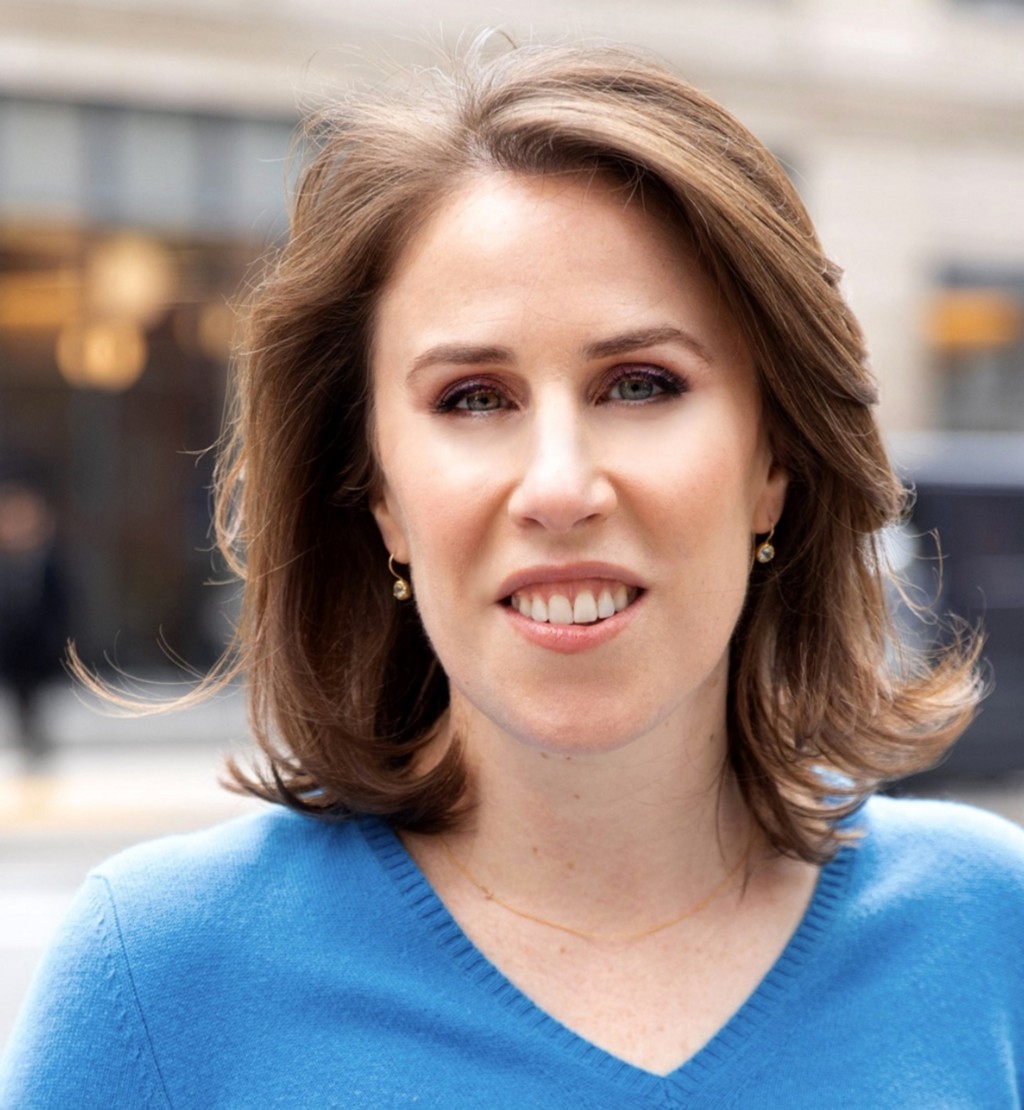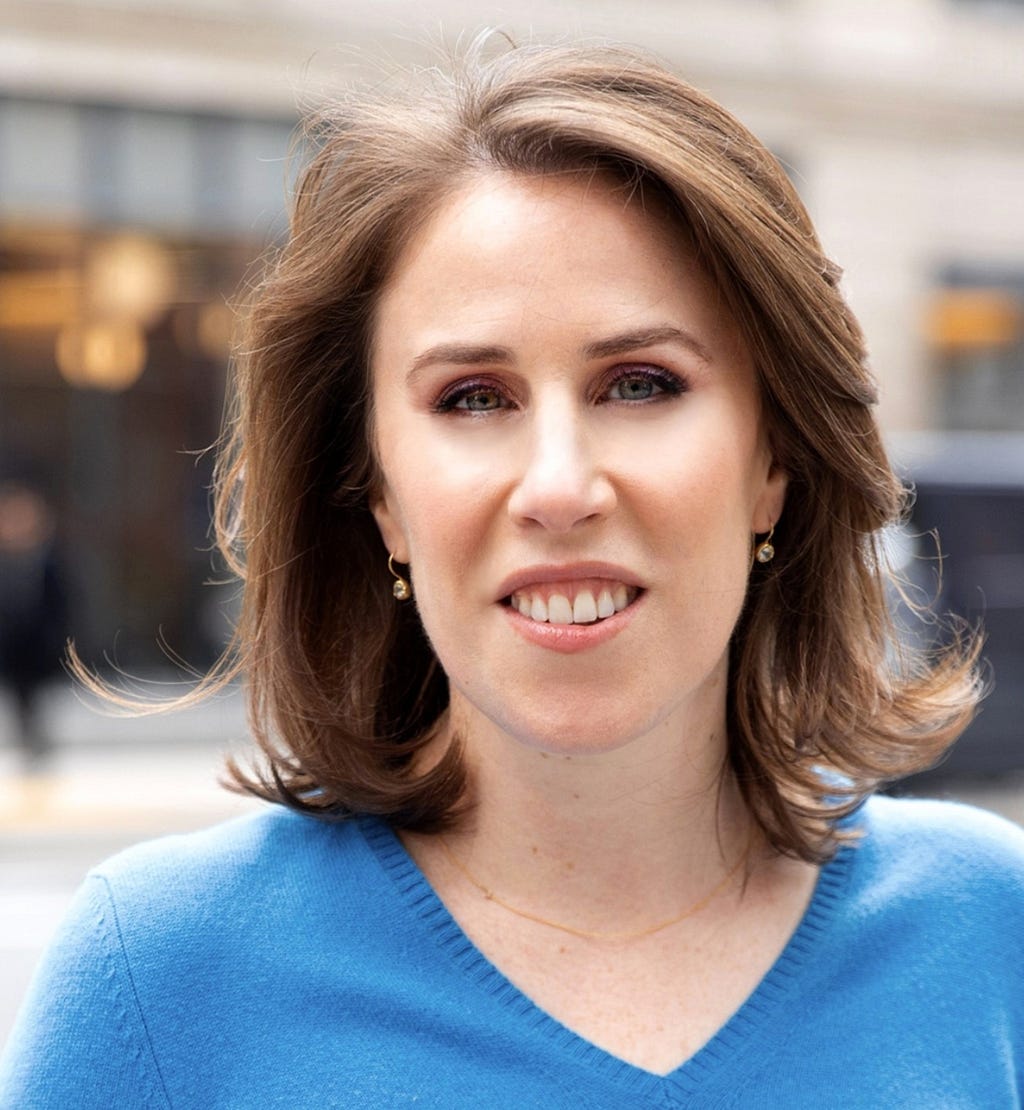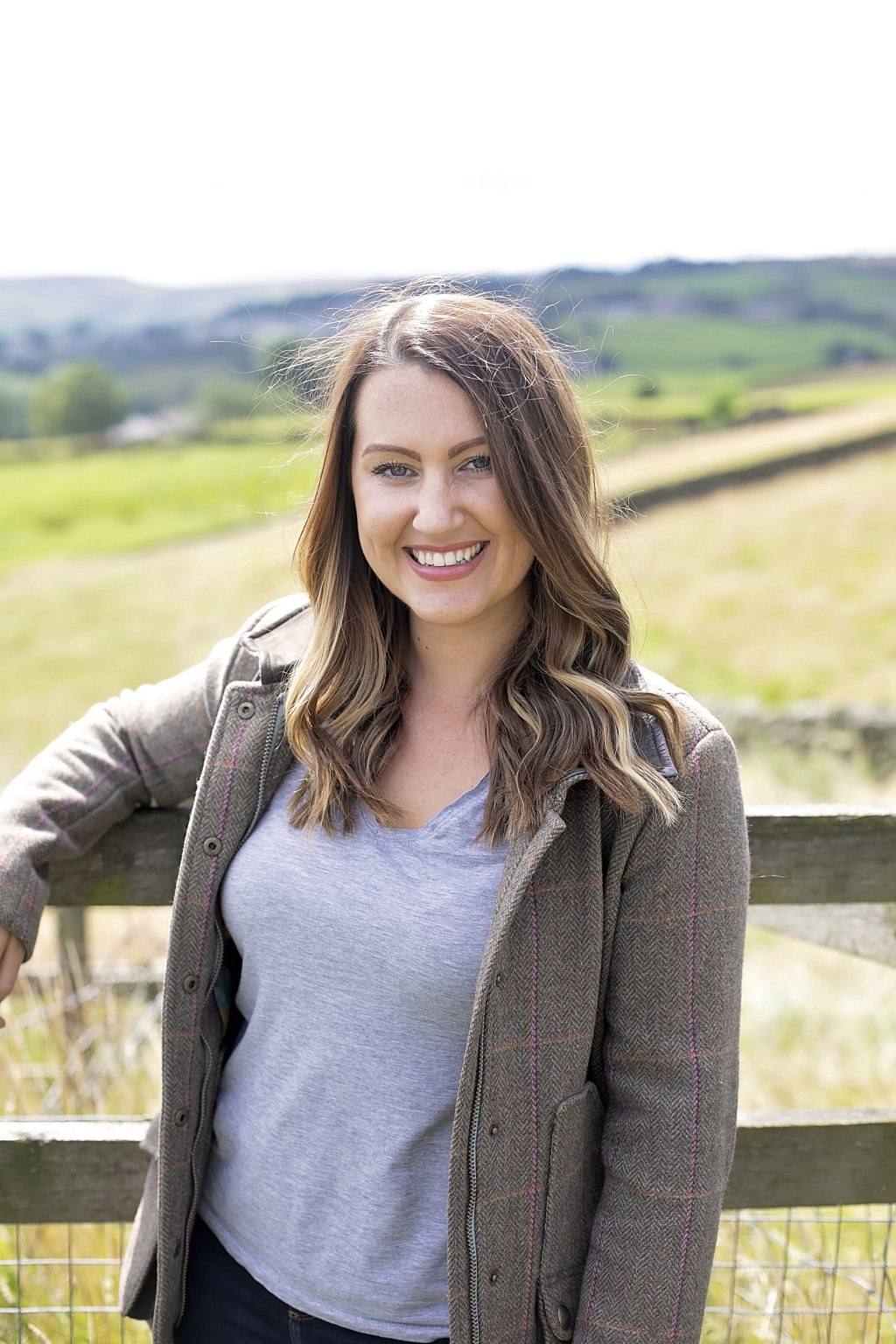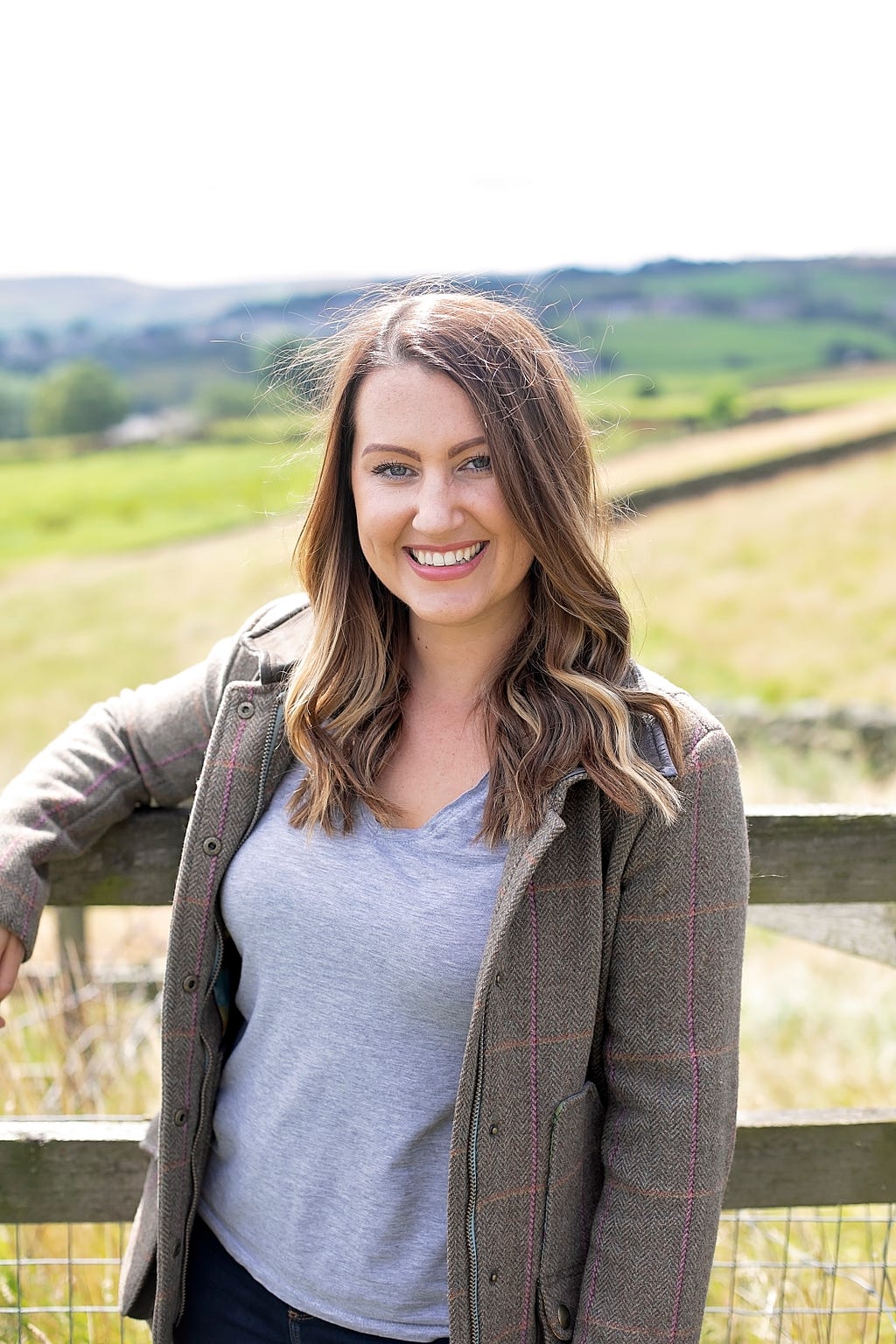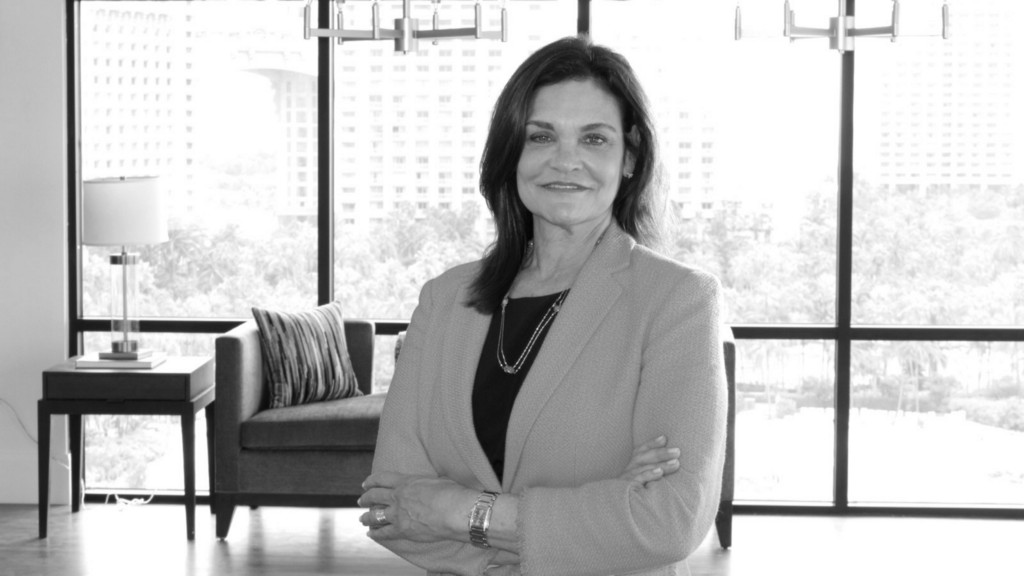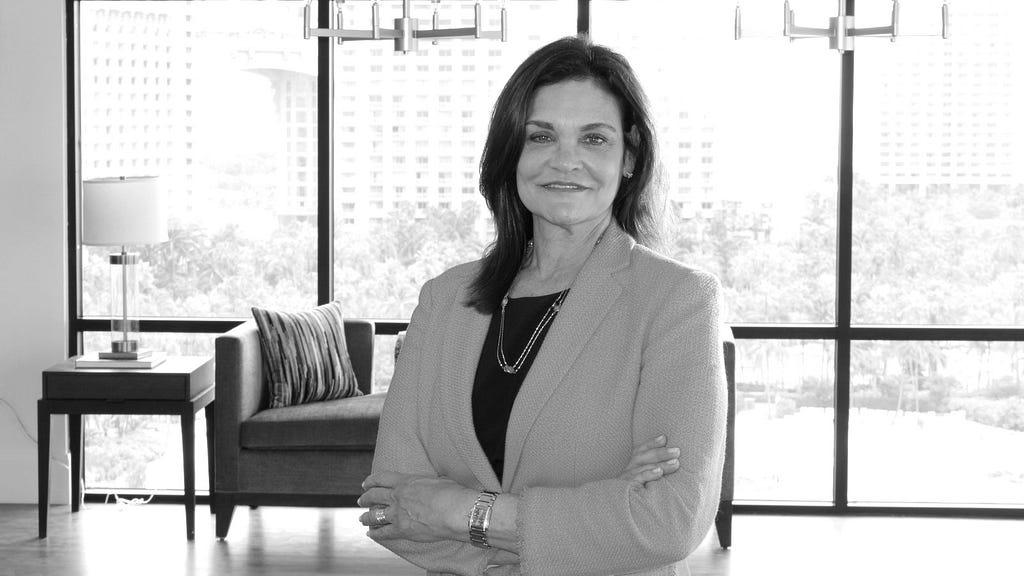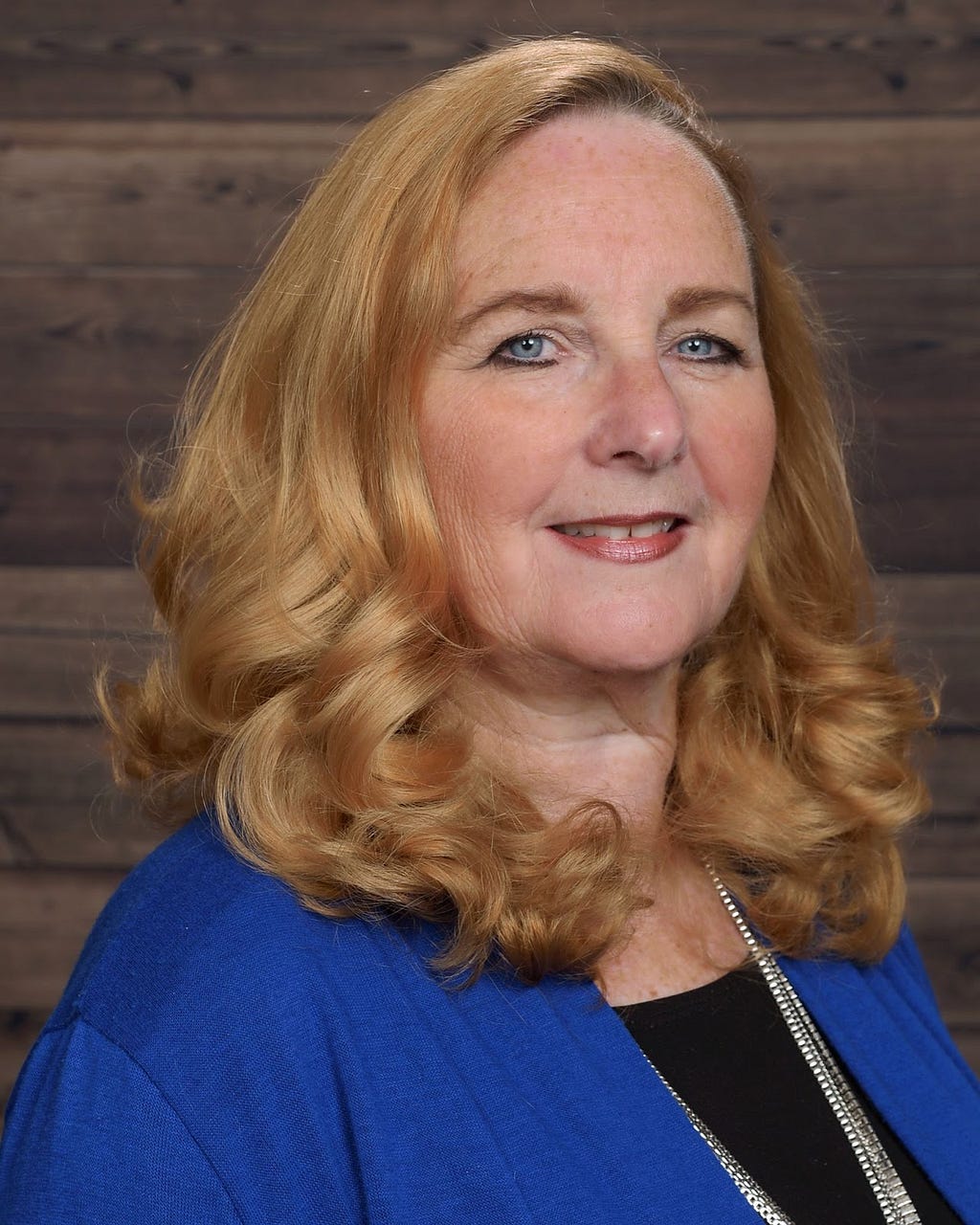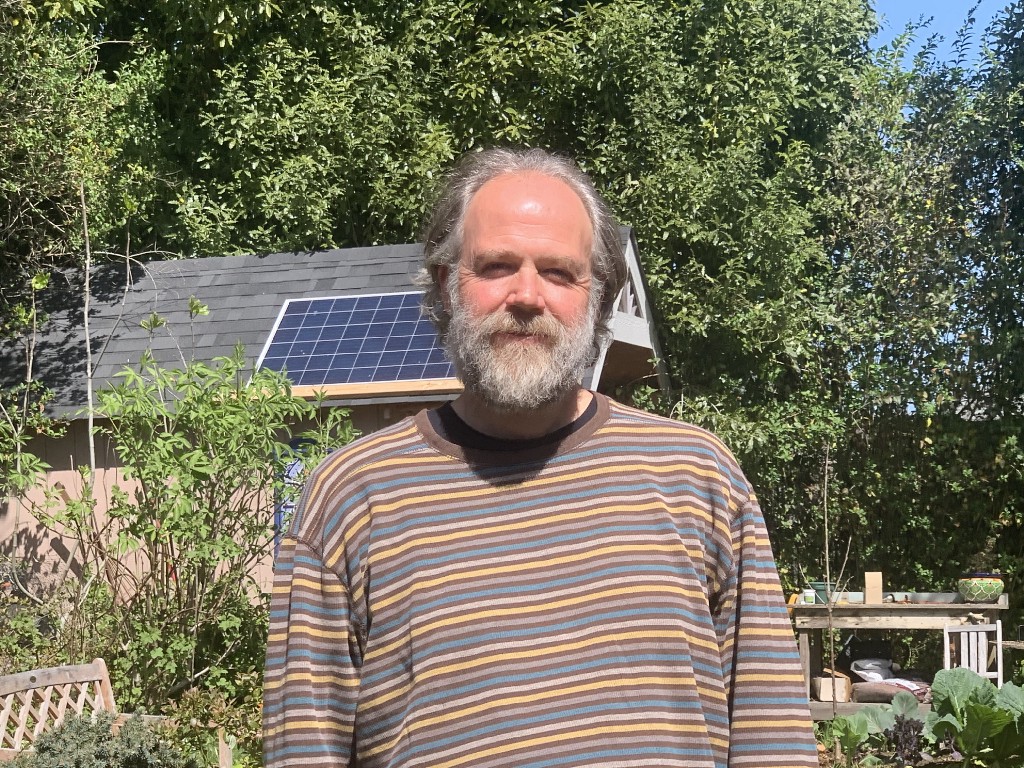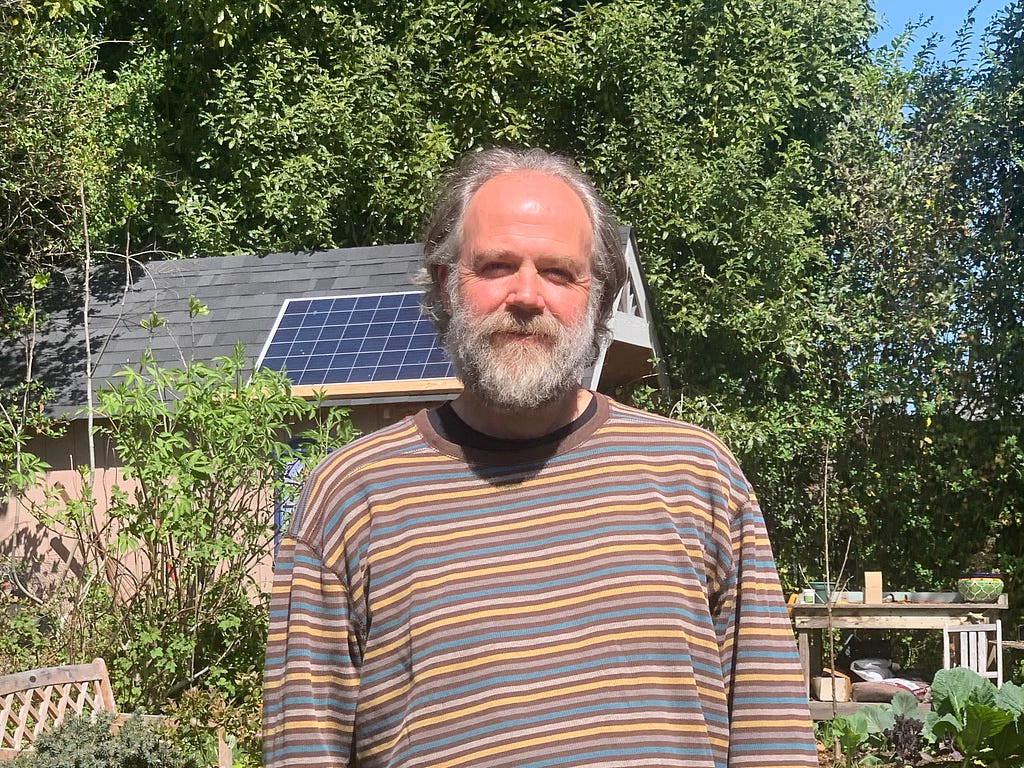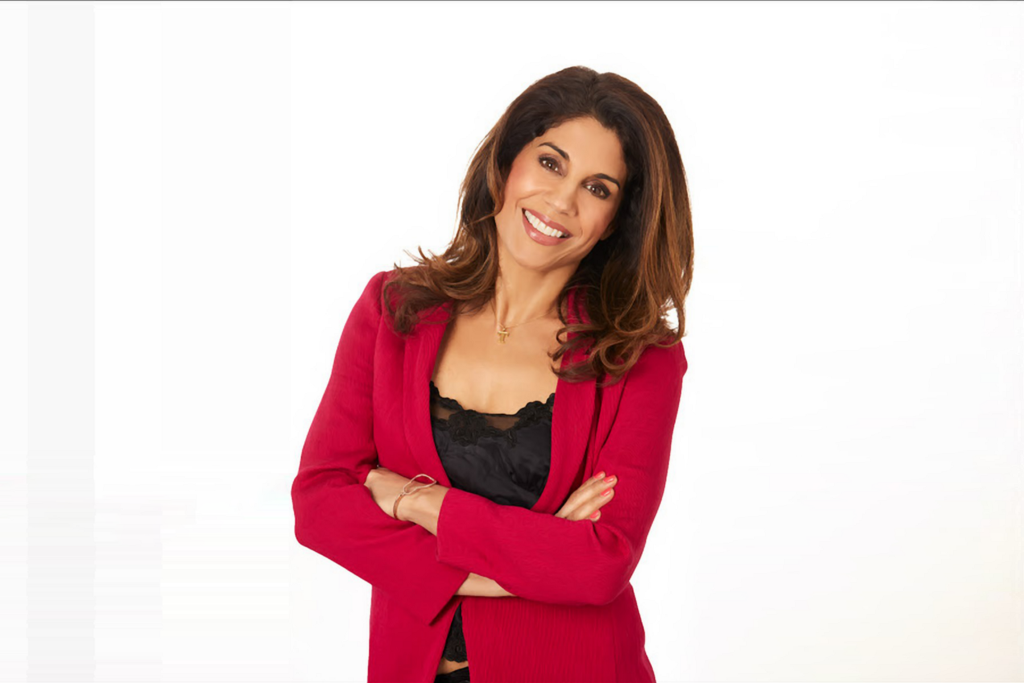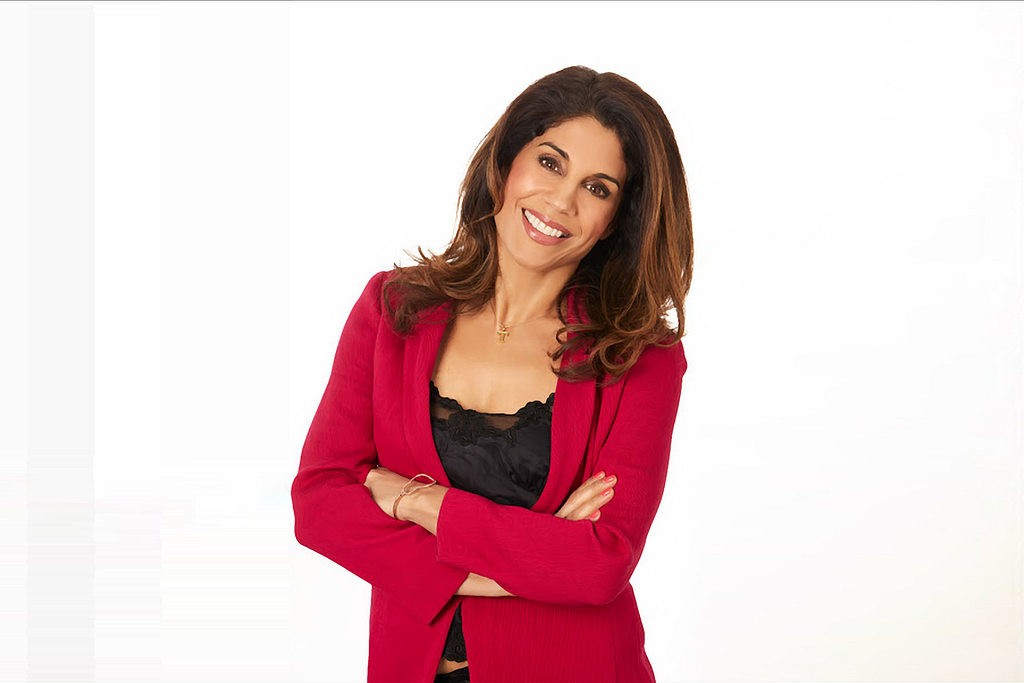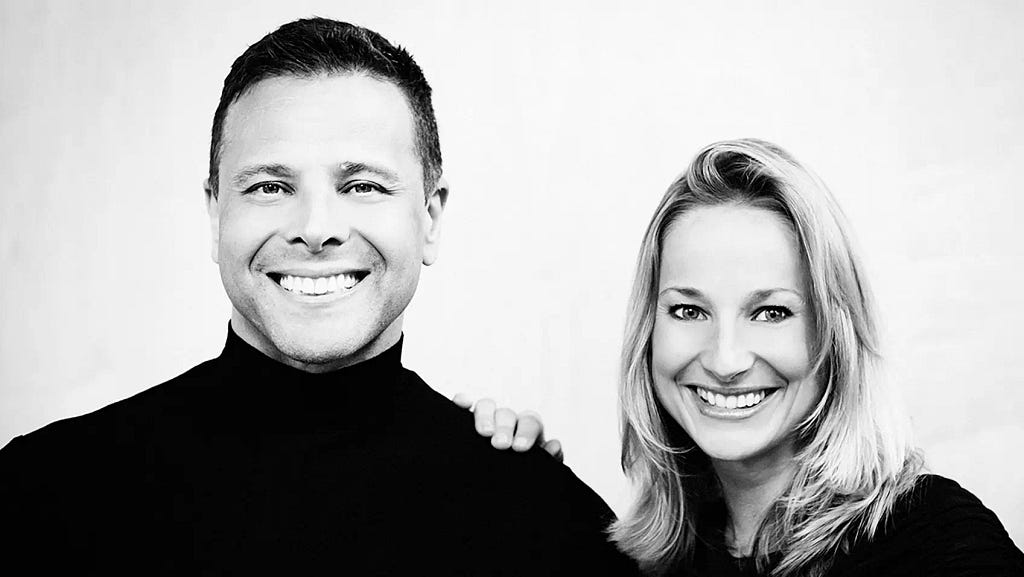Women Of The C-Suite: Dawn Kelley of Barney Butter On The Five Things You Need To Succeed As A Senior Executive

Build a strong advisory board: When you are small you tend to think you don’t have the money or “stock” to attract a good advisory board. Do it anyway. Having access to others that have been down the path before you is invaluable. We never formalized a board of advisors in the beginning and it’s one of the few things I would do differently if I could.
As a part of our series about strong women leaders, we had the pleasure of interviewing Dawn Kelley.
Dawn Kelley, Barney Butter’s President and CEO, comes from a background of executive leadership in the technology and e-commerce industry and now leads Barney Butter’s day-to-day business; including sales, marketing, operations, and product development. Passionate about the symbiotic relationship between health and food, in 2010 Dawn set out to grow Barney Butter, a tiny California Almond Butter company, into the best-in-breed brand — both domestically and internationally. Barney Butter is the third largest nut butter in the category and the #1 family owned and operated.
Thank you so much for joining us in this interview series! Before we dig in, our readers would like to get to know you a bit more. Can you tell us a bit about your “backstory”? What led you to this particular career path?
It’s all a bit serendipitous, and as with most things in life, much easier to see in the rear-view mirror! The story that makes sense to me now, is that my past experiences were really cutting my teeth, getting me ready for the right experience when it came along. I guess this is a true example of when preparation meets opportunity. The years spent in my different roles (in different industries) with varying levels of leadership/management, finance, strategy, and execution/project management gave me the confidence that I can do this and do it successfully.
Can you share the most interesting story that happened to you since you began leading your company?
I think the most “Holy Cow!” moment I’ve had was when traveling for work, in Dallas I think, and my cell phone rang with a Bentonville, Arkansas number I didn’t recognize. I said to my husband, (also my co-worker) who was driving, “haha, that’s probably Walmart calling” (we were still growing and certainly not in Walmart yet) so I answered the phone. Lo and behold, it was the buyer from Walmart calling to say they wanted to carry Barney Butter and how soon could we start doing business. Whether it’s Walmart or one of many other major retailers, that’s a phone call someone in our position dreams of and you don’t forget that feeling of excitement.
Can you share a story about the funniest mistake you made when you were first starting? Can you tell us what lesson you learned from that?
I’ve certainly made a lot of mistakes along the way, and only having a good sense of humor makes them “kind of” funny today! I think when you’re first starting out, you’re kind of drinking from a fire-hose, especially in a new industry, as in my case. I think not taking yourself too seriously, not being afraid to ask for help, and having fun and a good attitude go a long way.
None of us are able to achieve success without some help along the way. Is there a particular person who you are grateful towards who helped get you to where you are? Can you share a story about that?
I’ve had a couple CEOs I’ve worked for that recognized my abilities outside of the job I was hired for. That allowed me to transition from the narrow path that I was on, to a broader executive level within the organizations. Without those experiences I would have never been prepared to do what I’m doing now and would not have had the skill set to grow this brand into the 3rd largest and number one independently owned brand in the US. Those leaders changed the trajectory because they recognized something in me, and I’m thankful for that all the time. I am also an avid reader and podcast listener, so I absorb every experience I can from the people that have done this before me.
In my work, I often talk about how to release and relieve stress. As a busy leader, what do you do to prepare your mind and body before a stressful or high stakes meeting, talk, or decision? Can you share a story or some examples?
Hands down I think the best thing you can do is get enough good quality sleep. I don’t buy into the notion you have to work “long” hours and be frazzled all the time in order to do your job well. Being well rested, sharp, and clear headed goes a long way. And if sleep/rest is the foundation, some meditation can take it to the next level. I tend to be a bit of a fretter, so before something big I need to break that worry loop happening in my thoughts. I also believe in a lot of “active meditation” time when you can give your brain time to solve some problems or get creative, for me this tends to be in the form of walks, yoga, or using my hands (making something, food prep, gardening), where I can just focus on what I’m doing and not the issue at hand.
As you know, the United States is currently facing a very important self-reckoning about race, diversity, equality and inclusion. This may be obvious to you, but it will be helpful to spell this out. Can you articulate to our readers a few reasons why it is so important for a business or organization to have a diverse executive team?
Yes of course! Strictly from a business perspective, and of course every company and organization is different, but for us, and for CPG brands in general, doesn’t it just make sense that you want to connect to and relate with every consumer? I’m not sure how you can do that if you’re not in touch with ALL consumers. The more diversity we have as an entire company, not just the management team, gives us more perspective and able to solve the needs and problems of our consumers.
As a business leader, can you please share a few steps we must take to truly create an inclusive, representative, and equitable society? Kindly share a story or example for each.
Start with your “own backyard”. If we all did this, collectively we would see seismic changes. We believe in leaving things better than you found them and striving for constant improvement and evolution. I certainly am not naïve or arrogant enough to believe I know how to fix society as a whole, but what I can do is break things down to what IS in my control. Then, do THAT.
Ok, thank you for that. Let’s now jump to the primary focus of our interview. Most of our readers — in fact, most people — think they have a pretty good idea of what a CEO or executive does. But in just a few words can you explain what an executive does that is different from the responsibilities of the other leaders?
Most days I am the Chief Problem Solver. We are a family owned/independently run company (we are not owned by a large CPG and do not have Private Equity partners). What that means is that 1. We are lean and mean, not a large multi-national company and 2. We don’t have a big bench of Vice Presidents between the operations of the company and the CEO. What this means is that I’m not necessarily sequestered from the daily issues/decisions/problems, I’m right there and part of the outcome or solution
What are the “myths” that you would like to dispel about being a CEO or executive. Can you explain what you mean?
I think when people hear CEO they think Boardroom and Big Comp, and that is not always (or even often) the case! As I mentioned previously, we are a family owned/independent company. We aren’t tied to public company quarterly earnings, or the exit strategy of a private equity partner, so the experience of being an executive at Barney is truly one of participation at all levels, and focus on the quality of our product, and long-term health of the organization.
In your opinion, what are the biggest challenges faced by women executives that aren’t typically faced by their male counterparts?
I wish this were not a question that still needs to be asked. There are certainly industries and companies that have a tougher culture for women, but what excites me is all the support I see for women, by other women, and from our society as a whole. I feel a straight-out rejection, collectively, of the outdated notion that women are somehow “less than”. Let’s keep that vibe going.
What is the most striking difference between your actual job and how you thought the job would be?
Still to this day (almost 11 years later) my job is very tactical and sometimes somewhat reactionary. I have to really carve out time to focus on long-term ideas and strategy and work on pro-active projects and ideas. Most days it’s a game of whack-a-mole.
Certainly, not everyone is cut out to be an executive. In your opinion, which specific traits increase the likelihood that a person will be a successful executive and what type of person should avoid aspiring to be an executive? Can you explain what you mean?
Reframing that a bit, I believe everyone IS cut out to be an executive, it’s just figuring out where you fit in as an individual. We are all so unique and bring different skill sets, ideas, and perspectives to the table. We’ve all heard the story of that person who worked their way up from the mailroom and is now the CEO. Did that person have the skill set to be CEO on the day they started with the company? Of course not. In our industry there are a lot of founders, they had the creativity to conceptualize a product, they had the gumption to get it made, they had some success at getting it launched and in stores. That doesn’t necessarily mean they should remain CEO of the company forever. Perhaps getting pulled from what they shine at and focusing on being the “Chief Problem Solver” would drain them of what unique qualities they bring to the executive team. It’s all about putting people in the right roles. But one thing is clear, no-one should avoid aspiring to be an executive, an entrepreneur, or anything they want to be.
What advice would you give to other women leaders to help their team to thrive?
The same advice I would give to all leaders, which is make sure you put people in the right roles and recognize and reward those unique qualities. Listen to them, learn from them. Let them shine.
How have you used your success to make the world a better place?
Well, I’m certainly not done yet! We have a healthcare crisis in this country, as well as a food crisis.
As a believer in “let food be they medicine” (Hippocrates), we need to find a way to get quality, good food in every pantry and refrigerator. We happen to make a product that is a staple in this mission. And a simple staple at that.
So, focusing on the intersection of healthcare and wellness, with diet and nutrition is what we do every day. Making our product as affordable as possible and most widely available, that is my focus right now.
What are your “5 Things I Wish Someone Told Me Before I Started” and why? (Please share a story or example for each.)
- Build a strong advisory board: When you are small you tend to think you don’t have the money or “stock” to attract a good advisory board. Do it anyway. Having access to others that have been down the path before you is invaluable. We never formalized a board of advisors in the beginning and it’s one of the few things I would do differently if I could.
- Act like you are running it for the long run (even if you’re not): Cash is king, and profitability gives you freedom to make the right decisions for the business. Also, key metrics change. In one period the market may be really excited about top-line revenue growth only, in another it may be distribution metrics (at the expense of profitability). The only thing that will allow you to ride the waves is being profitable (enough) to continue to run your business, because it’s healthy.
- Protect your margins: There is such a thing as “bad business”. Know what you need to make on each SKU/product to cover your costs and run your business and then stick to that.
- Control growth/distribution: In our industry everyone gets excited about new distribution (the number of stores you’re in). BUT, if that distribution is not managed well, with focus on pull-through (sales) and repeat purchases (loyal buyers), you have just spent a lot of money (slotting fees/the money you pay a retailer to sit on their shelf) on distribution you may lose. Don’t be afraid to take a more regional or store specific approach. Create a success story, then go replicate that.
- Packaging, packaging, packaging: Never underestimate the power of a great label (or a bad one). The consumer needs to connect with your product out of a sea of other products on the shelf. Give them something to remember you by, that differentiates your product.
You are a person of great influence. If you could inspire a movement that would bring the most amount of good for the greatest number of people, what would that be? You never know what your idea can trigger.
I wish we could get good quality food to consumers at more affordable prices. Good, natural, quality food should not be so un-affordable. This is a systemic issue that is ready for disruption. As a manufacturer, my number one frustration is the price of our product on the store shelf and HOW it gets there. In our industry we have manufacturers, brokers, distributors, freight carriers, and retailers that all contribute to the price on shelf being what it is. I believe that is one reason you are seeing an increase in the number of direct-to-consumer businesses and products.
Can you please give us your favorite “Life Lesson Quote”? Can you share how that was relevant to you in your life?
“It’s (usually) not what you do, it’s HOW you do it”. I changed that a little bit! I find myself saying this or thinking this almost every single day. It’s the how that effects people and outcomes the most. As an executive, whether it’s an employee issue, a supplier issue, etc…it’s the HOW that leaves a mark.
We are very blessed that some very prominent names in Business, VC funding, Sports, and Entertainment read this column. Is there a person in the world, or in the US with whom you would love to have a private breakfast or lunch with, and why? He or she might just see this if we tag them
Anyone able, who wants to help me solve for the problem in question 15.
Thank you for these fantastic insights. We greatly appreciate the time you spent on this.
Women Of The C-Suite: Dawn Kelley of Barney Butter On The Five Things You Need To Succeed As A… was originally published in Authority Magazine on Medium, where people are continuing the conversation by highlighting and responding to this story.





